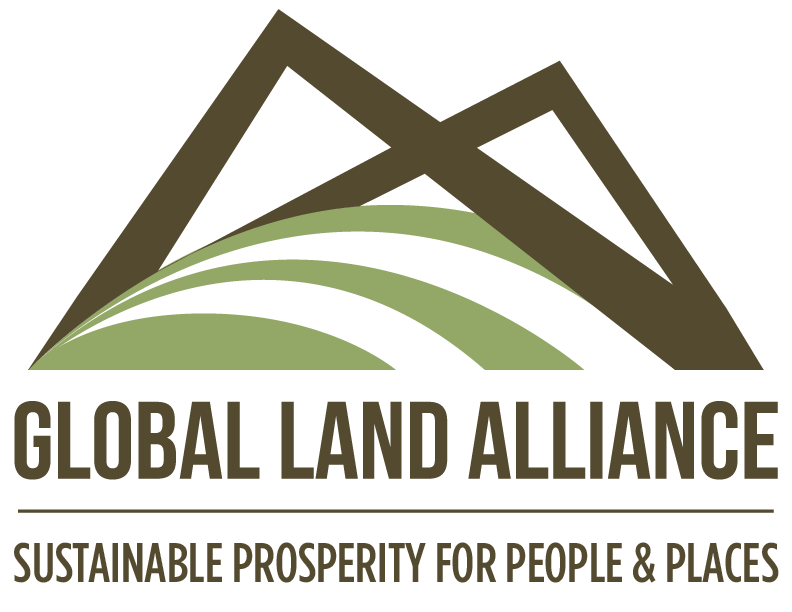Global Land Alliance Celebrates International Women’s Day 2019
Happy International Women’s Day Women’s access to land, safeguarding’ women’s roles & rights before, during, and after formalization, and empowering women to become local advocates for land rights is a critical intersection of Global Land Alliance’s engagements.
Check out just one highlight of our work in #WomensLand for on an engagement we did in Haiti for their Rural Land Usage project:
The role of women in the rural economy of Haiti is essential, especially as women have been traditionally responsible for marketing and selling of a families’ agricultural production. The Haitian Civil Code and legislation protects women’s land rights. However, due to local norms and social practices in the countryside, women’s de jure land tenure may be negatively affected by programs that seek to secure land tenure through a massive process unless the process is accompanied by targeted information campaigns and procedural safeguards. This is especially the case in Haiti where the prevalence of common-law partnerships, informal inheritances, in division and a women’s status within the household combine to reduce land tenure security.
Global Land Alliance looked how to possibly address this risk by developing and implementing an information, training and empowerment program focused on explaining women’s ‘land tenure roles, rights and responsibilities’. It was suggested that a program be conducted in each of the selected communes in advance of the systematic parcel demarcation and tenure clarification campaigns with the objective of increasing women’s understanding of land tenure, increasing women’s access to land through formal transactions and inheritance, strengthening of women as local leaders in the removal of social barriers that make purchase and inheritance more difficult, and promoting a land administration system and land market that is more transparent, equitable and responsive to the needs of rural women.
Read the full report here:


